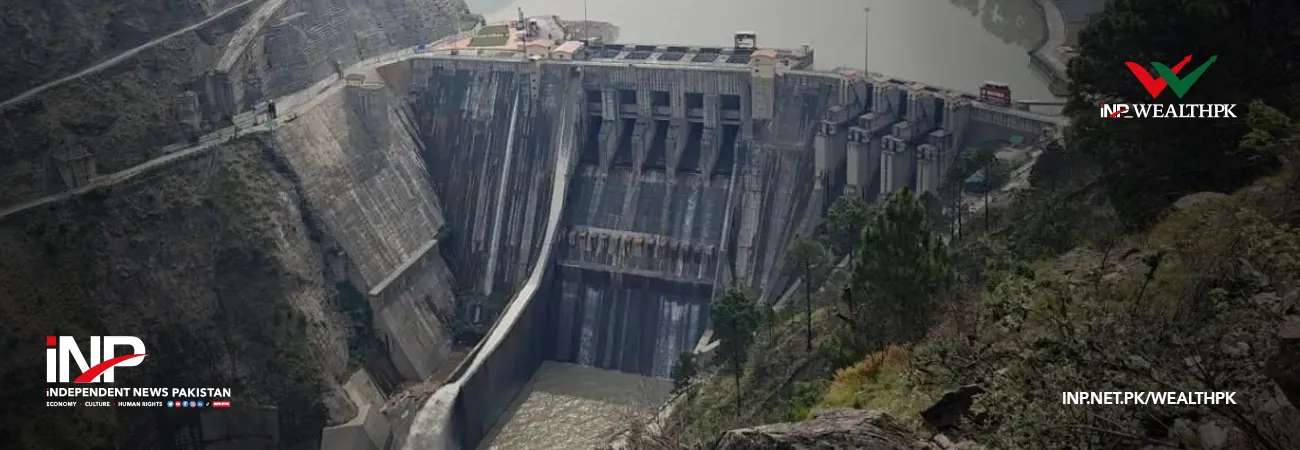آئی این پی ویلتھ پی کے
Amir Khan
Pakistan stands on the brink of a digital revolution, driven by its vibrant youth and rapidly expanding digital infrastructure. Investors and innovators worldwide are eyeing this lucrative opportunity, but unlocking its full potential requires a strategic approach to address the pressing challenges. Wishing not to be named, a member of the Special Investment and Facilitation Council (SIFC) told WealthPK that the SIFC implementation committee was set to furnish an innovative plan with the Council to navigate the digital landscape. He added that the local private sector, a driving force in the digital arena, faces formidable obstacles needing immediate attention. The foremost challenge is restricted access to an affordable and reliable internet, especially in the rural areas where progress lags due to the high cost of infrastructure development and limited government support. The second hurdle, he said, lies in inadequate regulatory framework for the information and communication technology (ICT) sector, creating uncertainty for investors and stifling innovation.
“Moreover, high operational costs, complex regulations, and limited access to financing pose significant barriers for small and medium-sized enterprises (SMEs). Lastly, the overall economic sluggishness has led to a brain-drain, resulting in shortage of skilled professionals despite available opportunities for up-skilling,” he said. To reverse the private sector's plight, the public sector must take the centre stage as a facilitator. The government's attention must be consistently directed towards streamlining regulations, incentivizing innovation, and providing an affordable financing. Both the federal and provincial governments must continue public investments in digital infrastructure, including high-speed broadband connectivity and data centres, to bolster the country's digital capabilities. Under the China-Pakistan Economic Corridor (CPEC), substantial digital investments are in progress or being planned, including the construction of fibre optic networks for high-speed internet in major cities along the corridor. This initiative also includes the establishment of data centres to meet the escalating demand for cloud computing and data storage services in Pakistan.
In a conversation with WealthPK, Dr. Shahid, an economic researcher at the Planning Commission, emphasized that investments into the digital economy should focus on tapping into the nation's potential for digital exports. He said the IT and ICT sector had demonstrated its capabilities by creating solutions for global markets. To enhance export possibilities, governmental and SIFC assistance can be channelled into areas such as market research, trade facilitation, and skills development. He added that bilateral and multilateral development partners could play a pivotal role in scaling funding for critical areas in Pakistan's digital sector. Local think tanks, like the Sustainable Development Policy Institute (SDPI), can facilitate regular public-private dialogues to understand the desired legal, policy, and regulatory support for digital trade integration. Dr Shahid said Pakistan's business associations and chambers of commerce should play an active role, emphasizing the importance of not depending solely on the government and donors. They can provide capacity-building and networking opportunities, organize workshops, seminars, and training programs, and collaborate nationally and internationally to foster connections among the businesses, government officials, and potential investors.
INP: Credit: INP-WealthPk












